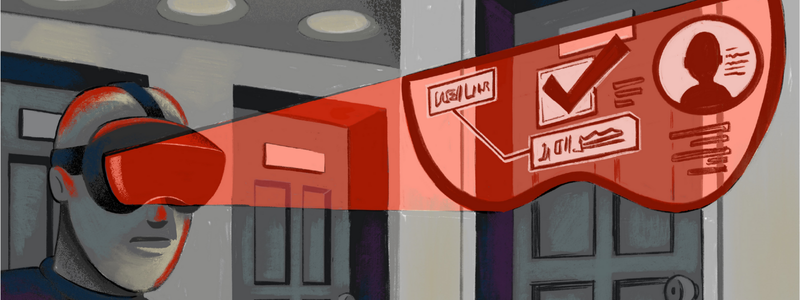Mapping and Disrupting Emerging Illicit UAS Supply Chains
Download the Year 6 project summary.
So What?
The rapid increase in the availability and accessibility of commercial unmanned aerial systems (UAS) – more commonly known as drones – presents a significant security challenge. Terrorists can use this technology to conduct surveillance and coordinate attacks and criminal activity. Efforts to counter malign use of UAS still require a robust understanding of where and how terrorists will use them to cause harm and disruption. Findings from research can help build frameworks for future investigations into current and emerging threats associated with terrorist use of UAS.
Project Summary
This research aims to examine the underlying logic and related risk factors associated with terrorist use of drones to support or conduct attacks in the United States. The research team will examine existing information sources that pinpoint factors – at the system, group, and environmental levels – that may shape how, when, and where terrorists are likely to use UAS in their operations. Findings will inform frameworks for future investigations in this area of research, including data collection, analytic modeling, and risk mapping.
Purpose/Objectives
This project will identify factors that may constrain and enable terrorist adoption of UAS, and inform their selection of targets for UAS-based attacks. NCITE researchers will seek to define the risk of terrorist UAS attacks in the U.S. to assess and mitigate this growing threat.
Method
The project will use multiple methods, including rapid reviews and focus group interviews with subject matter experts. Rapid reviews are similar to literature reviews – both aim to summarize and synthesize research findings – but they differ in scope, depth, and speed. Three rapid reviews will be published from this process: (1) the logic and emerging trends in terrorist use of UAS, (2) risk factors in terrorist use of UAS, and (3) knowledge gaps and vulnerabilities associated with future UAS. The project team will also host an in-person focus group meeting with UAS and counter-UAS experts from academia and government.
Publications
Defining the Logic and Risk of Terrorist UAS Attacks in the United States
Rapid Review B: Risk Factors in Terrorist Use of Unmanned Aerial Systems
Podcast Discussion: Exploitation of Unmanned Aerial Systems
Research Team
Austin Doctor, Ph.D.
- Co-PI
- NCITE Director of Strategic Initiatives
- Assistant Professor of Political Science | University of Nebraska at Omaha
- Expertise: Militants, terrorism, irregular warfare, and emerging threats
- University of Nebraska at Omaha
- Assistant professor of Information Technology Innovation
- College of Information Science and Technology
- Head of Information Science & Technology Research Initiatives
- Expertise: Human-machine teaming, spatial computing, and terrorism
- University of Nebraska at Omaha
- Assistant professor in Cybersecurity
- College of Information Science and Technology
- Expertise: Digital forensics and cybersecurity
- Towson University
- Assistant Professor of Criminal Justice
- Department of Sociology, Anthropology and Criminal Justice
- Expertise: Terrorism and extremism, policing and accountability, disinformation and social media, and malign use of unmanned technologies
